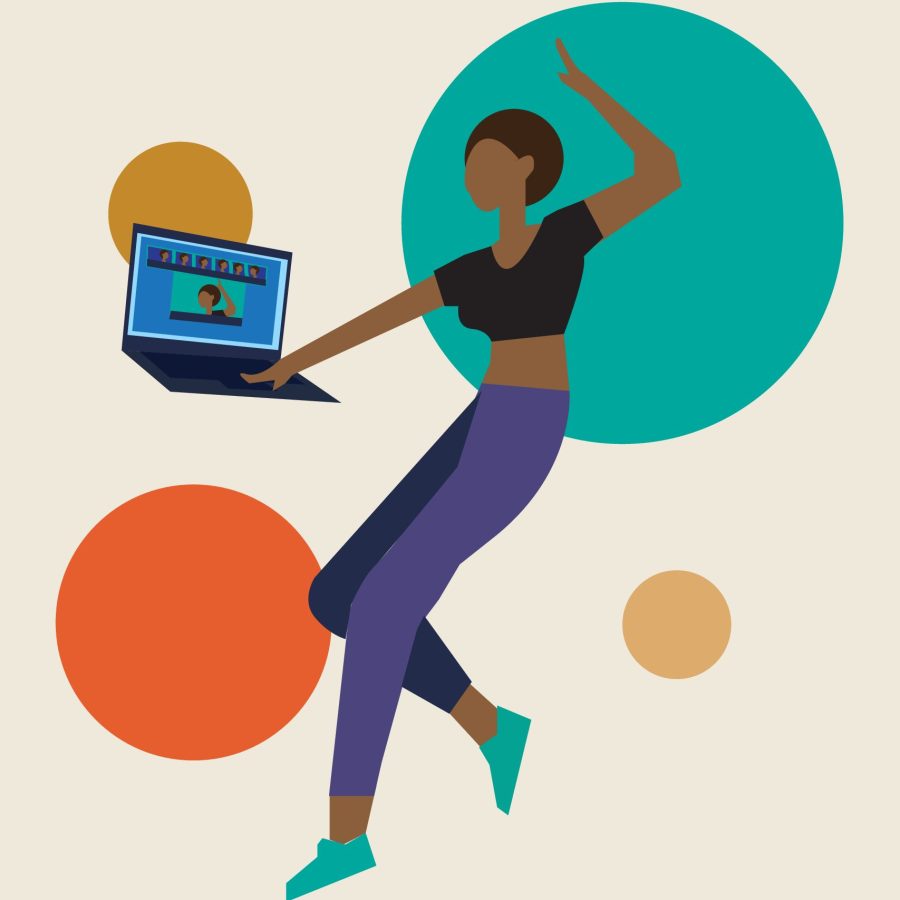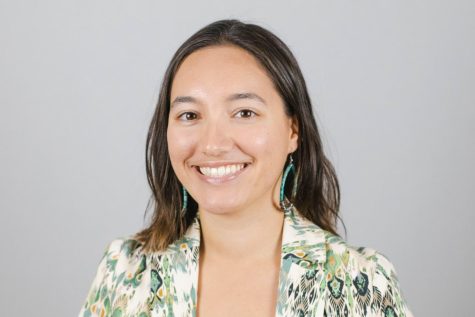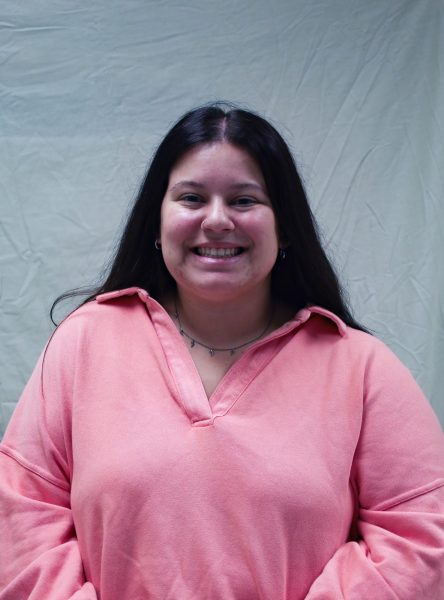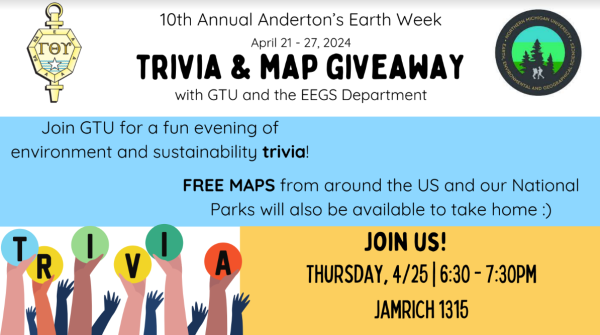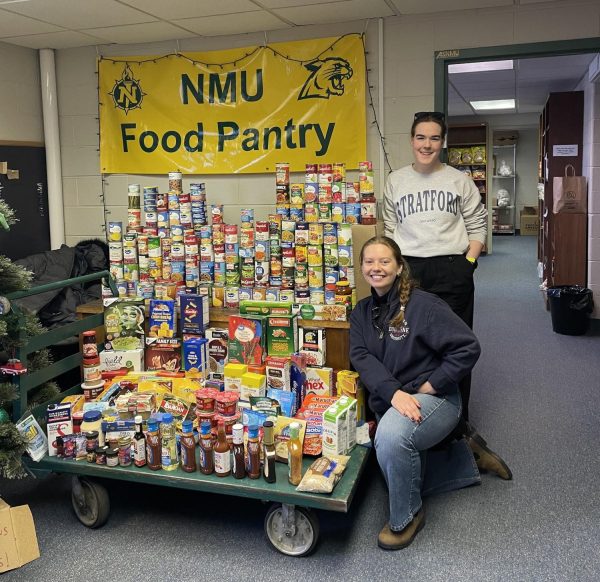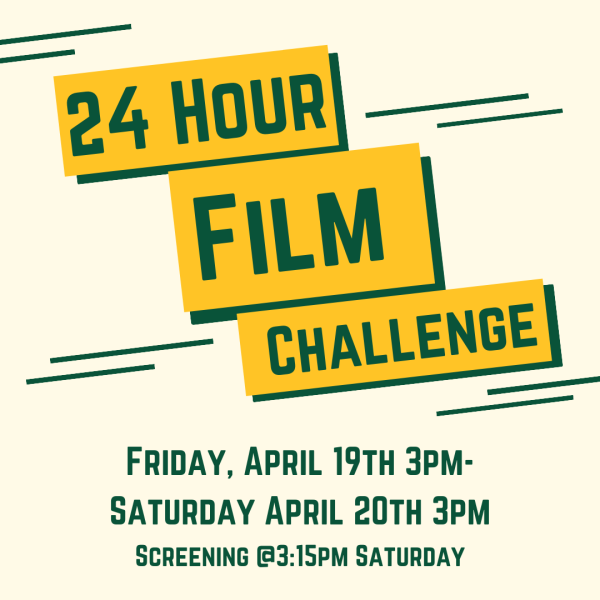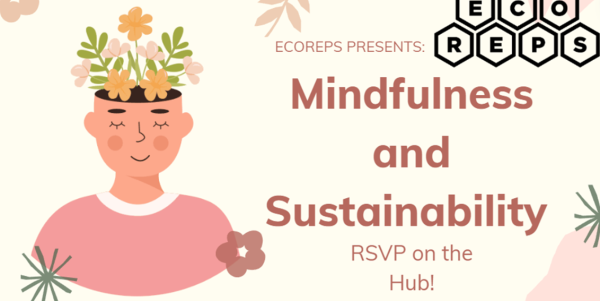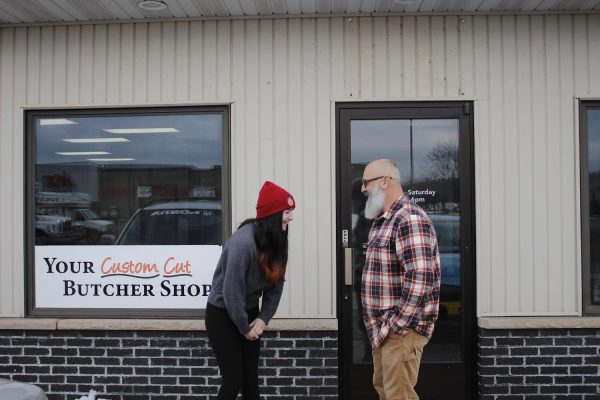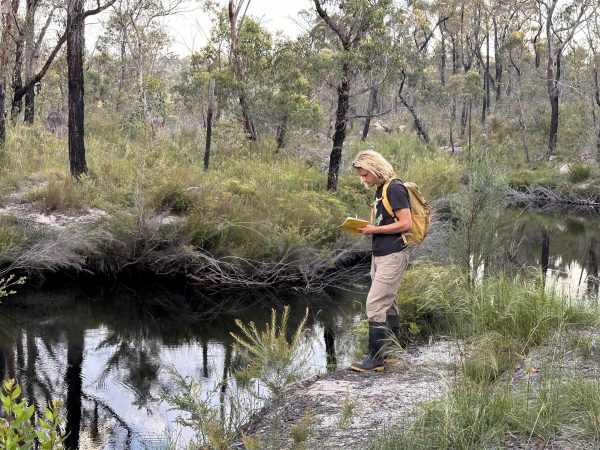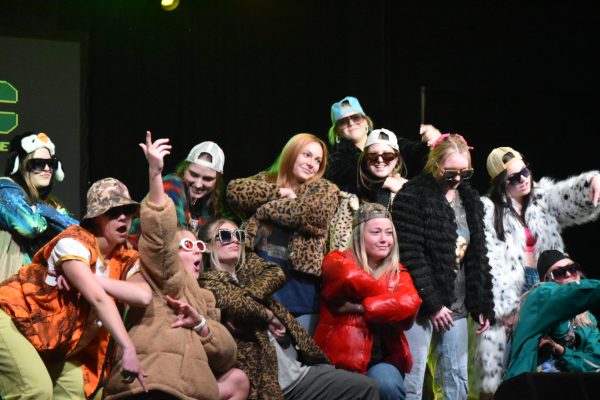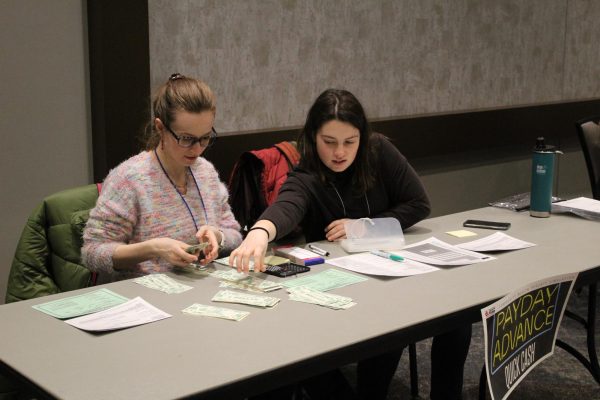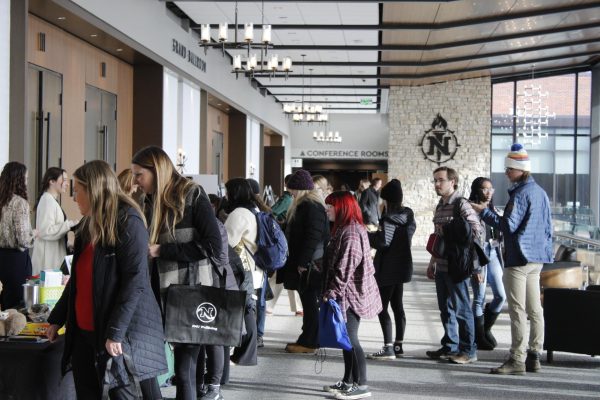Finding a middle ground: how student orgs navigate online challenges
January 26, 2022
The Winter 2022 semester began with a sudden announcement that the first two days of classes would be canceled, the rest of the first week would be online and student organizations would have to meet virtually for the month of January.
These decisions were made by NMU based on the increasing number of COVID-19 cases on campus and the need to distribute KN95 masks to students, faculty and staff.
“I appreciate the school actually going ahead and canceling the two classes and going online for three days,” Kendra Laupp, treasurer for Queers and Allies, said. “I think that was the best decision.”
While many students seem to agree with NMU’s last minute decision to move classes online for the first week, student organizations also faced the challenge of hosting virtual gatherings for the following few weeks.
After being able to meet in-person for the majority of last semester, some student organizations found moving to a Zoom format to be less enticing for members, especially clubs centered around social connection.
“Over break, we actually planned out a lot of our meetings for this upcoming semester and the online component we didn’t necessarily factor in [when] creating those meetings,” Alison Deutsch, ASNMU Liaison for Feminism For All, said. “Less people want to go to things online, I think than in person, especially if you’re trying to go for that connection, which we are a club very much based on community and connection.”
Some clubs, such as Queers and Allies, a social group on campus for students in the LGBTQ+ community, chose to completely cancel their weekly meetings for the month of January. This decision was made in part due to the size of the club, in-person meetings average 30 to 40 students, as well as the hectic schedule of executive board members as they planned their annual drag show.
“Our main event, the drag show, is coming up and we have had to … navigate the COVID policy as far as having an event,” Laupp said. “Then also we did not feel that a Zoom equivalent would be helpful in the way that the in-person meetings are for [Queers and Allies]. They’re not quite suitable for our needs and wants.”
Other student organizations have chosen to continue meeting online or have chosen to gather outdoors in order to comply with NMU’s current COVID regulations. However, it is still frustrating for some students to have in-person classes and spectator sports when student organizations are not allowed to have face-to-face meetings.
“It is frustrating to see student orgs not be able to hold meetings even though there are classes with capacities that are far greater than that of our meetings,” Laupp said. “Let alone NMU sponsored athletic events that have had no effect as far as limiting their capacity or trying to enforce masking.”
The NMU COVID Taskforce co-chairs, Mike Bath and Cindy Paavala said the decision to have student organizations meet online but allow sporting events to have spectators was made to protect the core academic areas of campus.
“Many student organizations meet in primary academic buildings and, at the start of the Winter semester when Omicron cases in the community began to dramatically increase, Northern wanted to do … decrease non-academic related face-to-face gathering in smaller indoor spaces,” the COVID Taskforce said. “The sports events take place in large, spacious facilities that are not considered primary academic buildings. For those who choose to attend these events, it is clearly understood that attending is a personal choice, not a requirement like attending classes.”
The combination of in-person classes and online events has been working for some students but limits the amount of quality face-to-face interaction which can impact students’ mental health.
“I think it definitely impacts students, especially for some people who may or may not be close with people that they live with,” Deutsch said. “I think a lot of the time organizations offer a sense of community or people who have similar interests to them, and I feel like a lot of people look forward to having those face-to-face meetings … I feel like the screen just takes away a lot of that awesome dynamic and sensory input of having people in person.”
Hopefully, student organizations will be able to return to in-person indoor gatherings next month while still being able to keep students safe and maintain their social connections.
“We’re trying to navigate right now what that means for us, since we are a larger student org on campus, and finding a room that is sized enough for our meeting,” Laupp said. “We are trying to balance [keeping] the social aspect of the meetings versus people’s safety, and just trying to find a nice middle line between those two.”






















